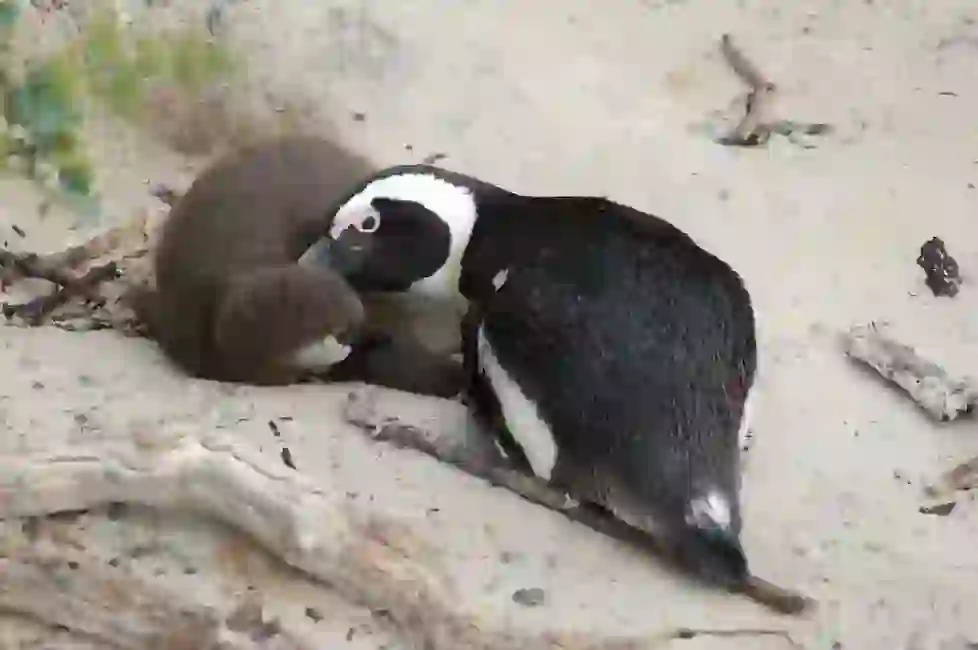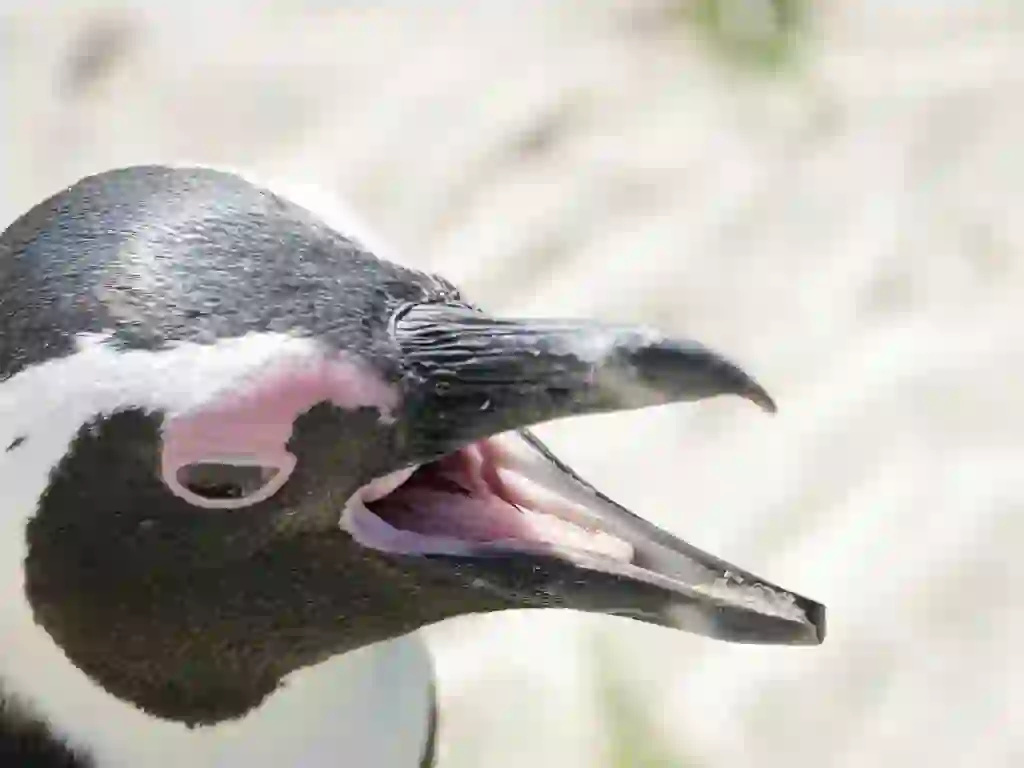
African Penguin
African Penguin
African Penguin
Are you familiar with the 'African Penguin'? Perhaps it's more commonly known in Japan as the Cape Penguin! With their adorable waddling gait, African Penguins are relatively widespread in Japanese facilities. However, these penguins with surprising personalities are currently facing various threats. What are these threats, and what more can we learn about the African Penguin? Let's explore together.
African Penguin Basic Infomation
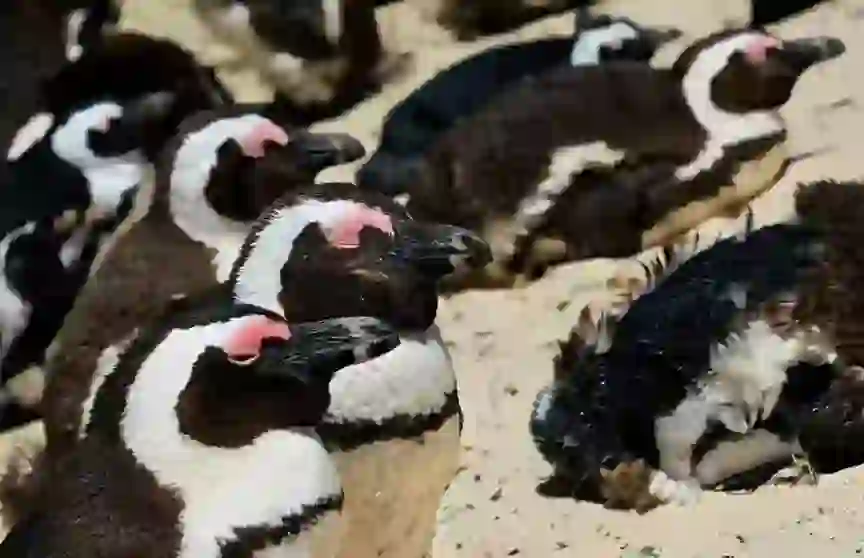
Classification - Order: Sphenisciformes, Family: Spheniscidae, Genus: Spheniscus
Height: 70cm
Weight during molting early stage: approx. 4.0kg
Weight during molting late stage: approx. 2.4kg
Example of adult birds living on Dassen Island
Bill length of males and females: 18.6cm
Example of adult birds living on Dassen and Marcus Islands
Flipper length of males: 5.7cm, females: 5.0cm
Example of adult birds living on Dassen and Marcus Islands
Population: 50,000 birds
The African Penguin, also referred to as the Cape Penguin, will primarily be called African Penguin throughout this page for consistency.
The African Penguin's appearance features a black feathered back extending from the top of the head, while the throat and belly are a mix of white and black feathers. The area around their eyes is featherless and pink. They have a thick black beak and black feet. Males and females look identical, making it difficult to differentiate between them, but males are generally larger.
This species looks very similar to its relatives, the Magellanic Penguin and the Humboldt Penguin. A simple way to distinguish them is by the double black bands around the neck of the Magellanic Penguin, and the pink base of the beak found on the Humboldt Penguin.
Interestingly, African Penguins can breed throughout the year, with peak breeding times around February to May and November to December. They land on various islands off the South African coast to form colonies known as 'rookeries'. The male courts, and if the female approves, they become a couple and begin nest-building. The bond between a pair is notably strong.
Nests are typically made from fallen branches and located in nearby forests or woods. However, if space is scarce due to the presence of many penguins, they might dig tunnel-like nests in the ground.
Females usually lay two eggs, and both parents share incubation duties. The incubation period lasts 38-41 days, after which the chicks hatch. Unlike other penguins, African Penguins rarely form creches (nurseries) for their chicks.
African Penguins forage during the day and often return within 24 hours, meaning both parents don't need to go to sea simultaneously. Thus, one parent can always stay at the nest to protect the chicks, eliminating the need for creches. However, if the nest is on the ground, it may be more exposed to predators, so small creches might be formed depending on the location.
The chicks grow to the size of adult birds in about 70-80 days, shedding their fluffy down in the process and eventually looking just like their parents.
African Penguin Q&A

What's the origin of the African Penguin's name?
It's the only penguin species that breeds on the African continent, hence the name. The alternative name, Cape Penguin, is derived from its presence along the coast of Cape Town in the Western Cape of South Africa. As mentioned in the basic information, their black feet also earn them the nickname 'Black-footed Penguin'.

Why do African Penguins live there?
African Penguins primarily breed and raise their young along the coasts affected by the Benguela Current, covering parts of Namibia and South Africa. While sightings have been recorded as far off as Mozambique, Île aux Aigrettes, Gabon, and Setta Cama, these instances are likely due to stranding.
While it's unclear why African Penguins prefer these locations, it's suggested that the abundance of squid, octopus, and small fish around the islands could be a factor.
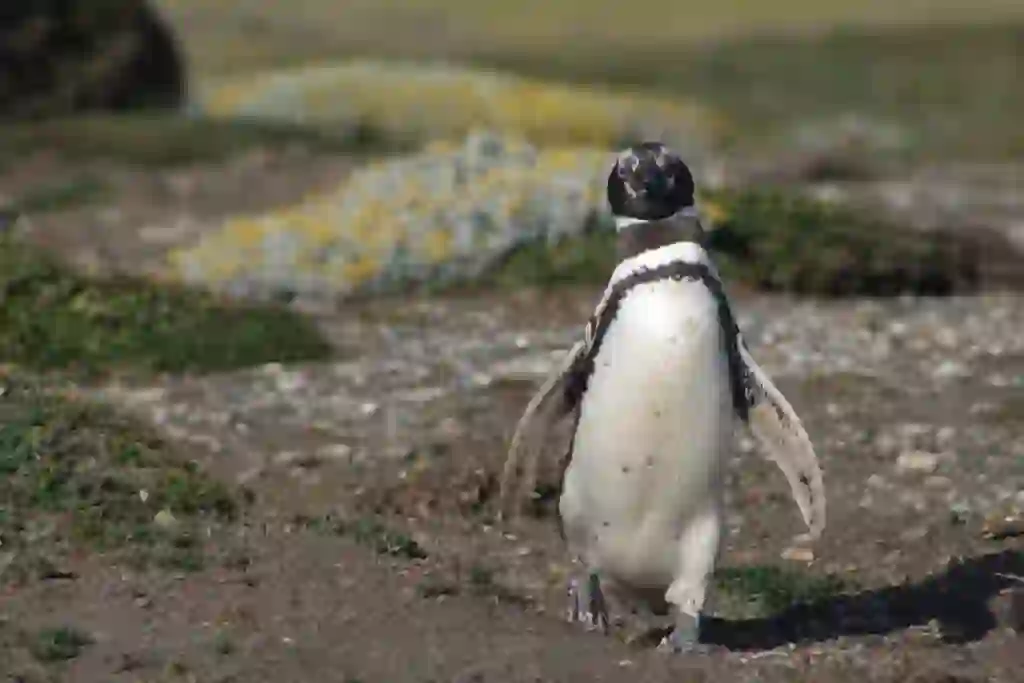
What do African Penguins eat?
They dive underwater to hunt for squid, octopus, and small fish such as anchovies. Chicks are fed regurgitated fish by their parents.
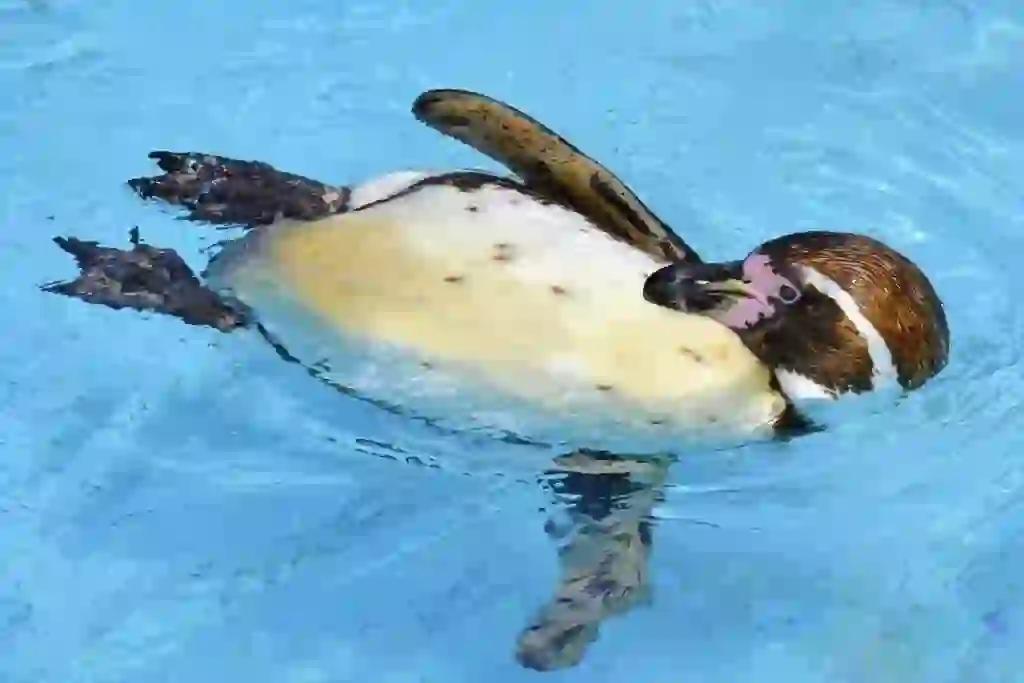
Was the African Penguin the first penguin encountered by humans?
Yes. The Cape of Good Hope, located on the Cape Peninsula south of Cape Town, was a significant milestone for the Portuguese explorer Vasco da Gama on his voyage to establish a sea route to India. It's believed that this was where humans first encountered penguins, specifically the African Penguin. Today, it's a popular tourist destination for those interested in this piece of history.
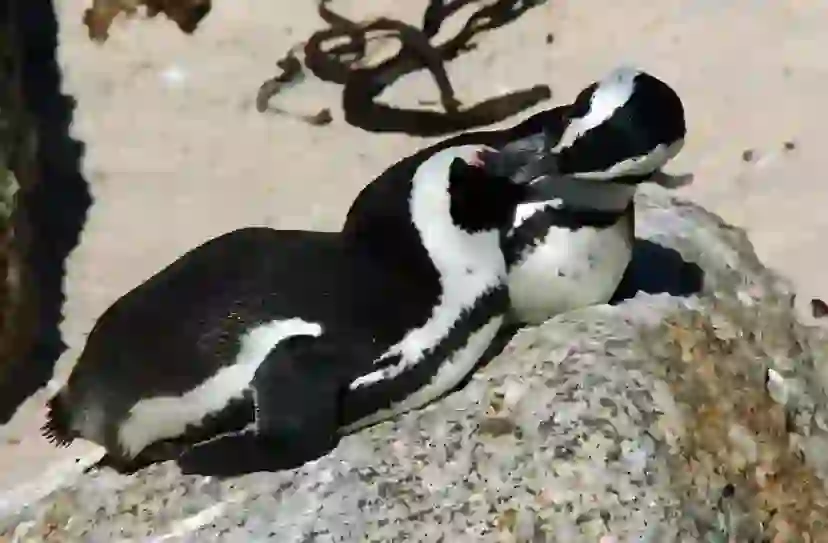
Do African Penguins live near residential areas?
Indeed, they do, but not all African Penguins live near human residences. In Cape Town, Western Cape, South Africa, you can see African Penguins relaxing on beaches alongside people or walking down residential streets. However, their venture into human habitats is more out of curiosity and should not be misconstrued as a preference for human company.
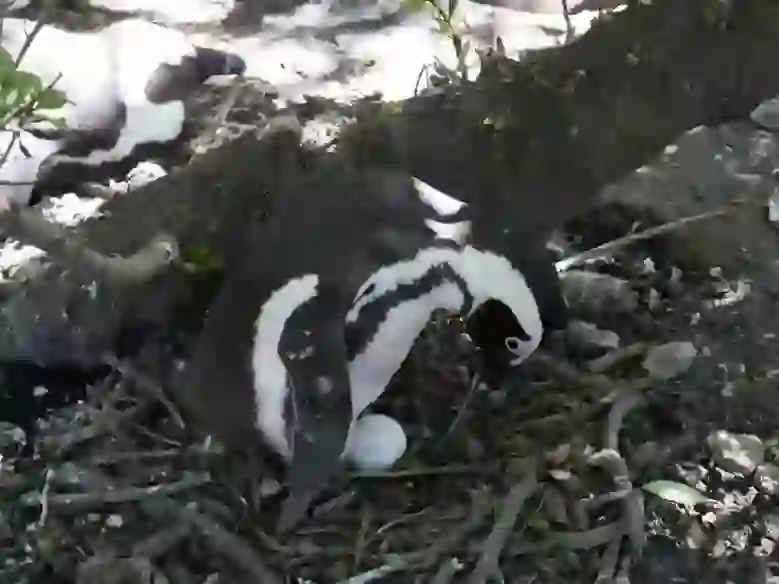
I want to know more about the personality of African Penguins!
Surprisingly, they can be quite 'aggressive'. They do not hesitate to peck or flap at perceived rivals or threats, even among their own species. They may also bite if a dispute does not resolve quickly.
Their aggressiveness extends to humans, though it's primarily a defensive behavior aimed at protecting themselves and their families, rather than mere hostility.
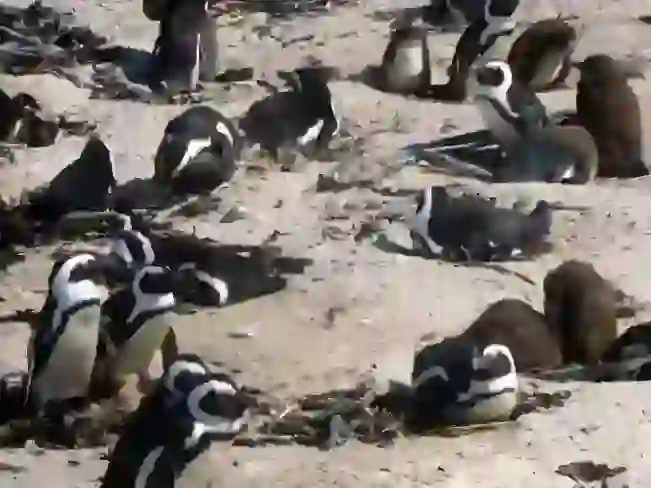
Where can I see African Penguins?
As of November 2021, there are many places in Japan where African Penguins are kept, ranging from Hokkaido to Kyushu. For those interested in observing these penguins in their natural habitat, various tours are available through travel agencies, offering a chance to see African Penguins in the wild.
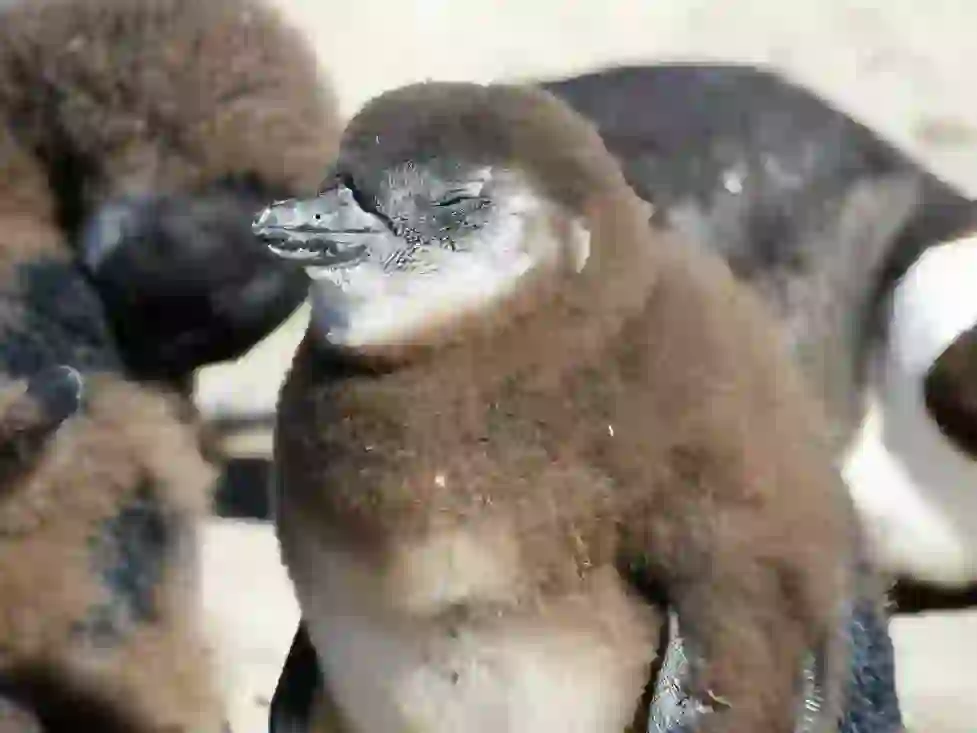
Does the African Penguin have any natural predators?
Yes, their natural enemies include feral cats and mongooses, and the Kelp Gull preys on their chicks. However, humans might be their most significant threat due to pollution and habitat destruction.
The African Penguin is currently listed as Endangered by the IUCN, primarily due to overfishing and climate change affecting their food sources. Despite governmental efforts, their situation remains critical, prompting conservation initiatives both locally in South Africa and internationally.
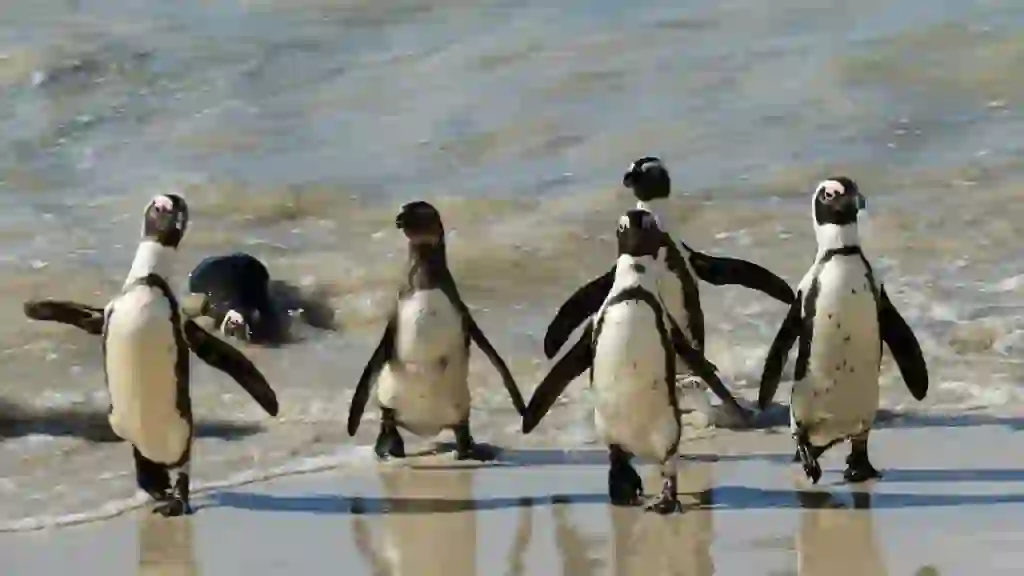
What is the lifespan of an African Penguin?
In the wild, African Penguins can live up to 27 years under optimal conditions.

Would you like to become a part of the 'Animalbook.jp'?
Turn your knowledge into Q&A and share it with the world. ※Publication will be activated after purchase. Let's share information together!
African Penguin Type of List
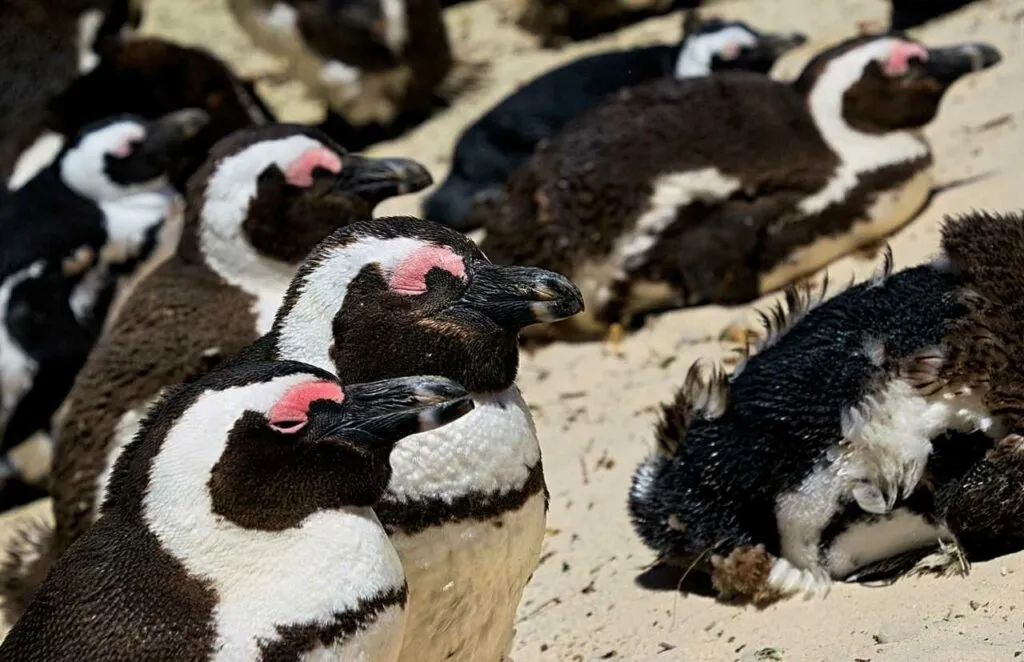
- African Penguin
Information
Congratulations! You are the first commenter!

Create Your Favorite List!
African Penguin
Save the animals you love! Build your own list to quickly revisit your favorites later.

Would you like to leave a comment?
※Please note: This is for the purchase of rights to post comments within the article.
Find Your Favorites!
Our shop offers a unique and attractive selection of goods themed around various animals.
African Penguin References

- ペンギンガイドブック 著者:藤原幸一
- ペンギンライブラリー ホシザキ株式会社 https://www.hoshizaki.co.jp/penguin_island/penguin/
- Pew Charitable Trusts世界のペンギンの保護 https://www.pewtrusts.org/-/media/assets/2015/05/penguinoverviewfinaljp.pdf
- BirdLife International Tokyo もっとも絶滅リスクの高いペンギンはどの種でしょうか? https://tokyo.birdlife.org/archives/world/13126
- 仙台うみの杜水族館 ケープペンギン http://www.uminomori.jp/umino/sea/african.html
- NATIONAL GEOGRAPHIC ケープペンギンが危ない、15年後に絶滅の恐れも https://natgeo.nikkeibp.co.jp/atcl/photo/stories/21/111000068/
African Penguin Introduction of media used

出典:https://unsplash.com/photos/_5AzTnH4sk

出典:https://unsplash.com/photos/U6AAQyYjqEU

出典:https://pixabay.com/images/id-1388501/

出典:https://pixabay.com/images/id-1385647/

出典:https://pixabay.com/images/id-1747145/
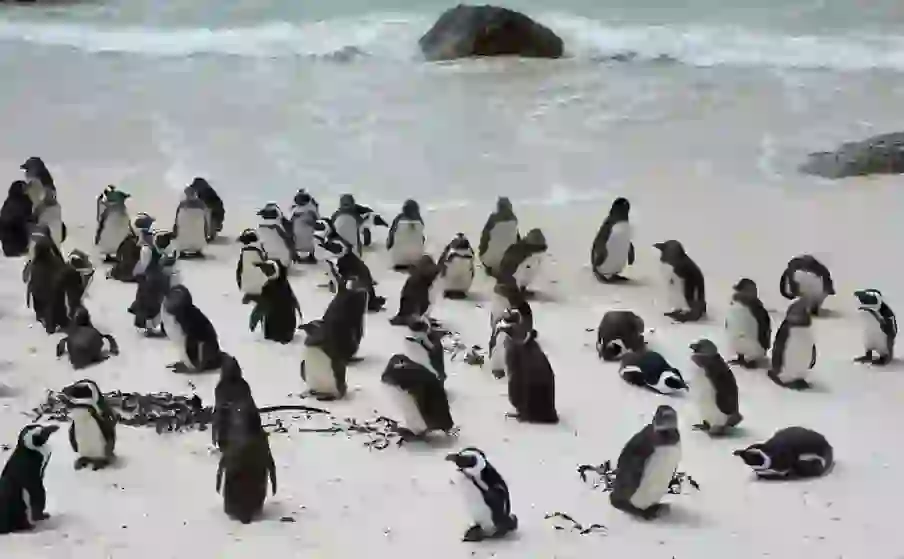
出典:https://pixabay.com/images/id-379455/

other
出典:https://commons.wikimedia.org/wiki/File:Wikimedians_at_Cape_Point.jpg
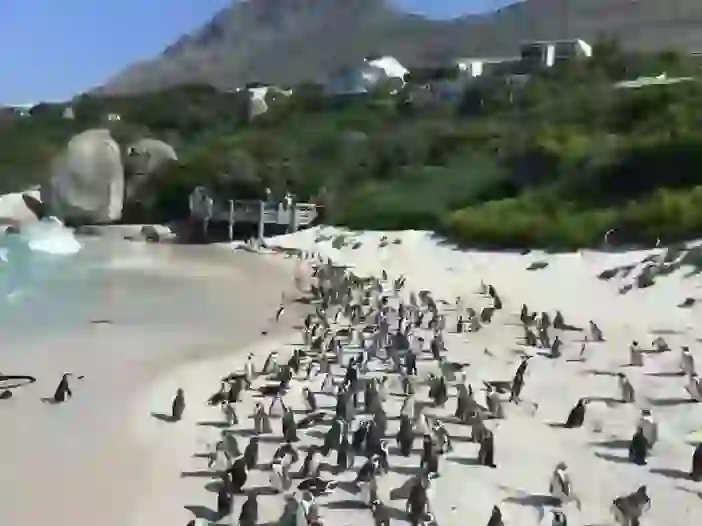
出典:https://unsplash.com/photos/O8Hu1IdPjZE
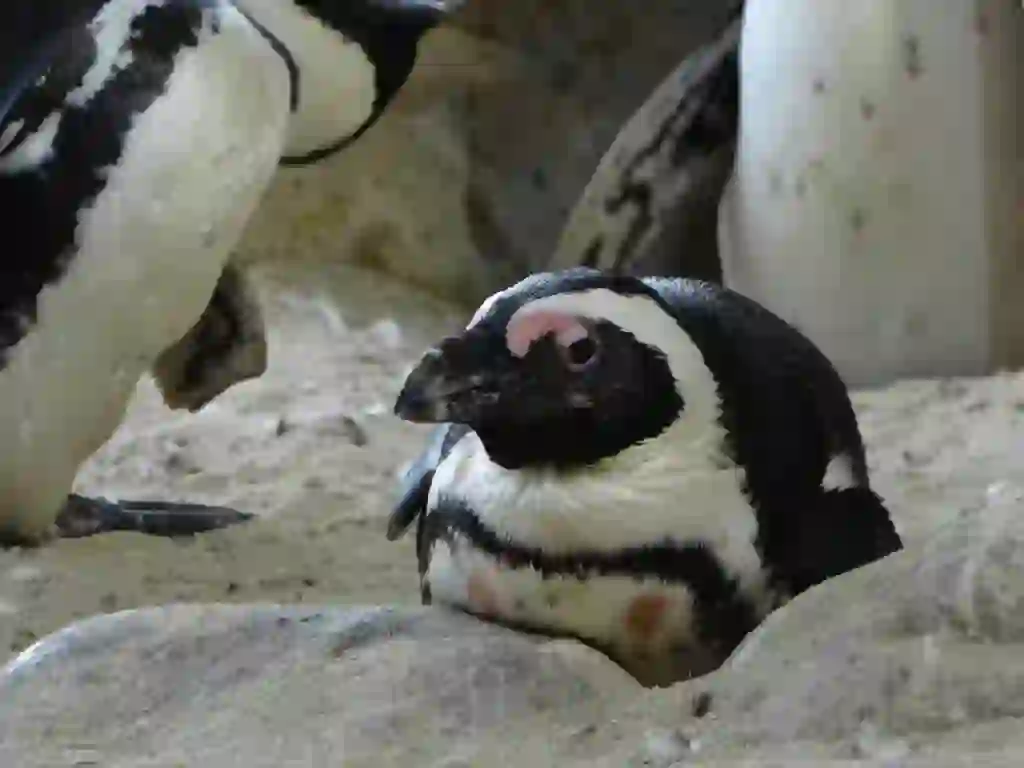
出典:https://unsplash.com/photos/Oy-Q9-4qAcc

enemy
出典:https://pixabay.com/images/id-6776349/
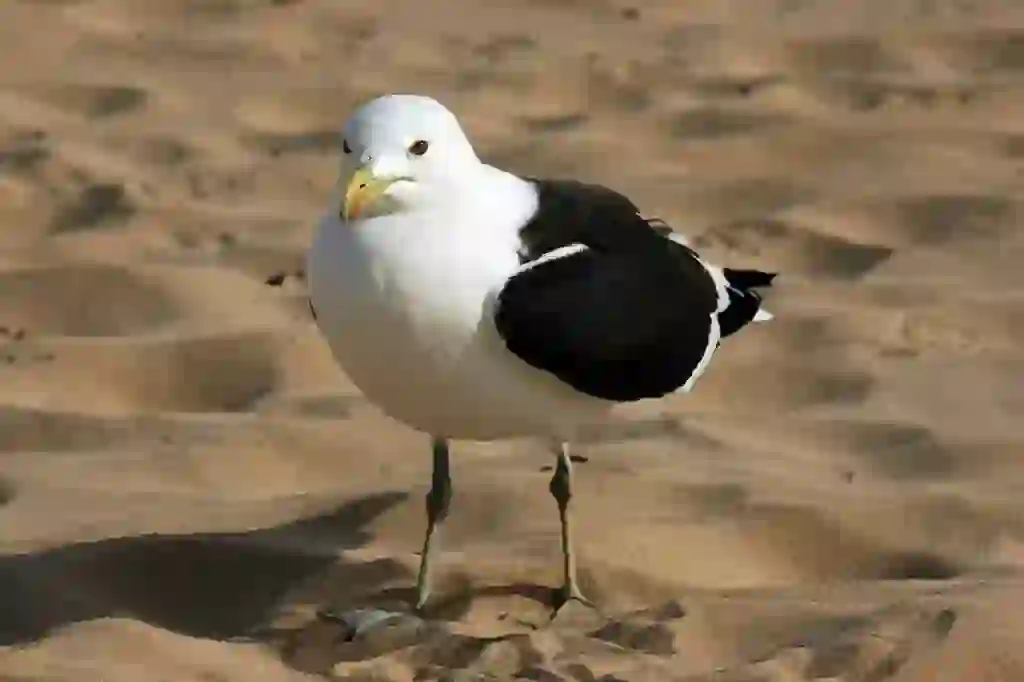
出典:https://commons.wikimedia.org/wiki/File:Larus_dominicanus_003.jpg
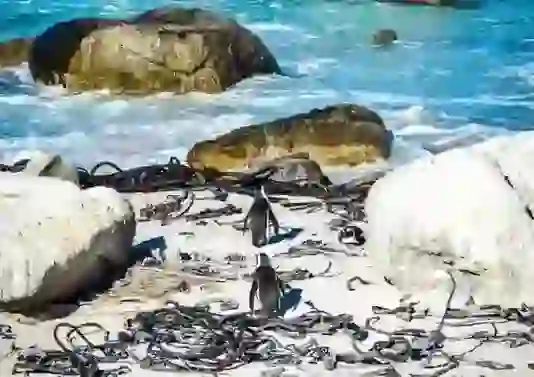
出典:https://unsplash.com/photos/y5f3H64Kjps
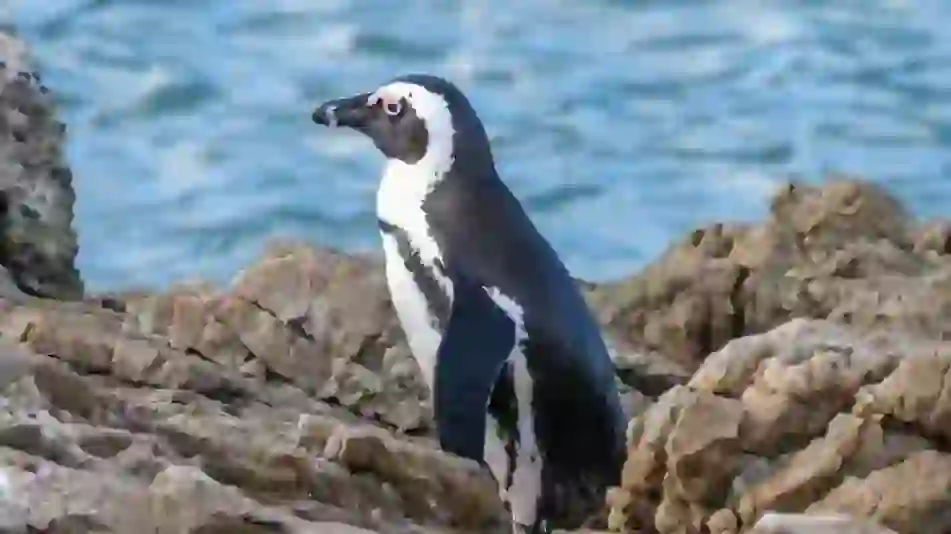
出典:https://pixabay.com/images/id-5648402/

Help Enrich Our Animalbook.jp with Your Media!
We are constantly looking to expand and enrich our Animalbook.jp with amazing photos and videos of animals. If you have any media that you'd like to share, please contribute and help us showcase the beauty and diversity of the animal kingdom. Your submissions will be credited and featured in our encyclopedia, reaching a wide audience of animal lovers.
















